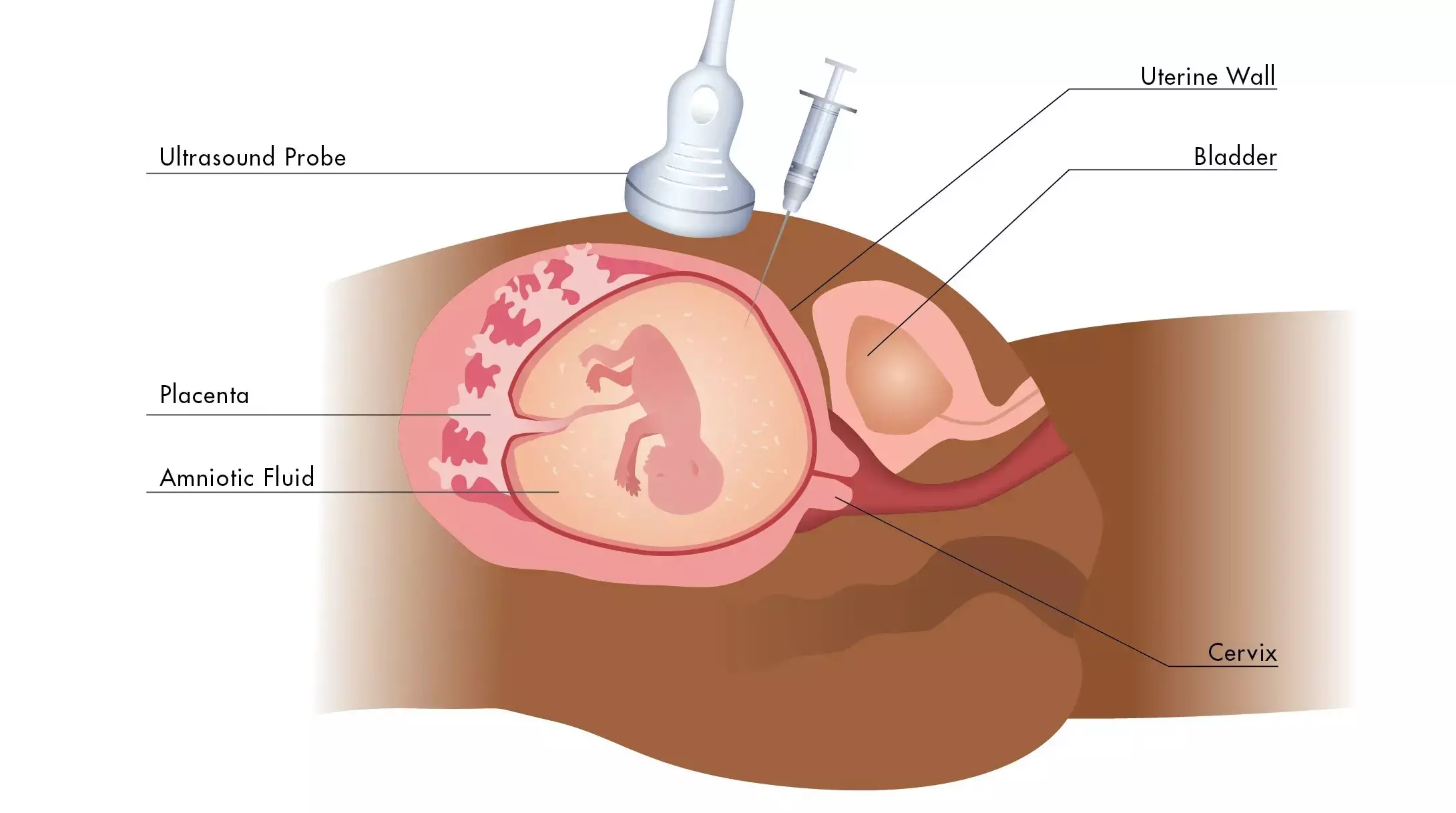- Home
- Medical news & Guidelines
- Anesthesiology
- Cardiology and CTVS
- Critical Care
- Dentistry
- Dermatology
- Diabetes and Endocrinology
- ENT
- Gastroenterology
- Medicine
- Nephrology
- Neurology
- Obstretics-Gynaecology
- Oncology
- Ophthalmology
- Orthopaedics
- Pediatrics-Neonatology
- Psychiatry
- Pulmonology
- Radiology
- Surgery
- Urology
- Laboratory Medicine
- Diet
- Nursing
- Paramedical
- Physiotherapy
- Health news
- Fact Check
- Bone Health Fact Check
- Brain Health Fact Check
- Cancer Related Fact Check
- Child Care Fact Check
- Dental and oral health fact check
- Diabetes and metabolic health fact check
- Diet and Nutrition Fact Check
- Eye and ENT Care Fact Check
- Fitness fact check
- Gut health fact check
- Heart health fact check
- Kidney health fact check
- Medical education fact check
- Men's health fact check
- Respiratory fact check
- Skin and hair care fact check
- Vaccine and Immunization fact check
- Women's health fact check
- AYUSH
- State News
- Andaman and Nicobar Islands
- Andhra Pradesh
- Arunachal Pradesh
- Assam
- Bihar
- Chandigarh
- Chattisgarh
- Dadra and Nagar Haveli
- Daman and Diu
- Delhi
- Goa
- Gujarat
- Haryana
- Himachal Pradesh
- Jammu & Kashmir
- Jharkhand
- Karnataka
- Kerala
- Ladakh
- Lakshadweep
- Madhya Pradesh
- Maharashtra
- Manipur
- Meghalaya
- Mizoram
- Nagaland
- Odisha
- Puducherry
- Punjab
- Rajasthan
- Sikkim
- Tamil Nadu
- Telangana
- Tripura
- Uttar Pradesh
- Uttrakhand
- West Bengal
- Medical Education
- Industry
Late amniocentesis safe and highly diagnostic for pregnancies complicated by multiple congenital anomalies: Study

Late amniocentesis is safe and highly diagnostic for pregnancies complicated by multiple congenital anomalies suggests a study published in the American Journal of Obstetrics and Gynecology.
Amniocentesis for genetic diagnosis is most commonly done between 15 and 22 weeks of gestation but can be performed at later gestational ages. The safety and genetic diagnostic accuracy of amniocentesis have been well-established through numerous large-scale, multicenter studies for procedures before 24 weeks, but comprehensive data on late amniocentesis remains sparse. A study was done to evaluate the indications, diagnostic yield, safety, and maternal and fetal outcomes associated with amniocentesis performed at or beyond 24 weeks of gestation. They conducted an international, multicenter retrospective cohort study examining pregnant individuals who underwent amniocentesis for prenatal diagnostic testing at gestational ages between 24w0d and 36w6d. The study, spanning from 2011 to 2022, involved nine referral centers. We included singleton or twin pregnancies with documented outcomes, excluding cases where other invasive procedures were performed during pregnancy or if amniocentesis was conducted for obstetric indications. We analyzed indications for late amniocentesis, types of genetic tests performed, their results, and the diagnostic yield, along with pregnancy outcomes and post-procedure complications. Results: Of the 752 pregnant individuals included in our study, late amniocentesis was primarily performed for the prenatal diagnosis of structural anomalies (91.6%), followed by suspected fetal infection (2.3%) and high-risk findings from cell-free DNA screening (1.9%). The median gestational age at the time of the procedure was 28w5d, and 98.3% of pregnant individuals received results of genetic testing before birth or pregnancy termination. The diagnostic yield was 22.9%, and a diagnosis was made 2.4 times more often for fetuses with anomalies in multiple organ systems (36.4%) compared to those with anomalies in a single organ system (15.3%). Additionally, the diagnostic yield varied depending on the specific organ system involved, with the highest yield for musculoskeletal anomalies (36.7%) and hydrops fetalis (36.4%) when a single organ system or entity was affected.
The most prevalent genetic diagnoses were aneuploidies (46.8%), followed by copy number variants (26.3%) and monogenic disorders (22.2%). The median gestational age at delivery was 38w3d, with an average of 59 days between the procedure and delivery date. The overall complication rate within two weeks post-procedure was 1.2%. We found no significant difference in the rate of preterm delivery between pregnant individuals undergoing amniocentesis between 24-28 weeks and those between 28-32 weeks, reinforcing the procedure's safety across these gestational periods. Late amniocentesis, at or after 24 weeks gestation, especially for pregnancies complicated by multiple congenital anomalies, has a high diagnostic yield and a low complication rate, underscoring its clinical utility. It provides pregnant individuals and their providers with a comprehensive diagnostic evaluation and results before delivery, enabling informed counseling and optimized perinatal and neonatal care planning.
Reference:
Zemet R, Ali Maktabi M, Tinfow A, Giordano JL, Heisler TM, Yan Q, Plaschkes R, Stokes J, Walsh JM, Corcoran S, Schindewolf E, Miller K, Talati AN, Miller KA, Blakemore K, Swanson K, Ramm J, Bedei I, Sparks TN, Jelin AC, Vora NL, Gebb JS, Crosby DA, Berkenstadt M, Weisz B, Wapner RJ, VAN DEN Veyver IB. Amniocentesis in pregnancies at or beyond 24 weeks: An international multicenter study. Am J Obstet Gynecol. 2024 Jun 22:S0002-9378(24)00693-8. doi: 10.1016/j.ajog.2024.06.025. Epub ahead of print. PMID: 38914189.
Dr. Shravani Dali has completed her BDS from Pravara institute of medical sciences, loni. Following which she extensively worked in the healthcare sector for 2+ years. She has been actively involved in writing blogs in field of health and wellness. Currently she is pursuing her Masters of public health-health administration from Tata institute of social sciences. She can be contacted at editorial@medicaldialogues.in.
Dr Kamal Kant Kohli-MBBS, DTCD- a chest specialist with more than 30 years of practice and a flair for writing clinical articles, Dr Kamal Kant Kohli joined Medical Dialogues as a Chief Editor of Medical News. Besides writing articles, as an editor, he proofreads and verifies all the medical content published on Medical Dialogues including those coming from journals, studies,medical conferences,guidelines etc. Email: drkohli@medicaldialogues.in. Contact no. 011-43720751


